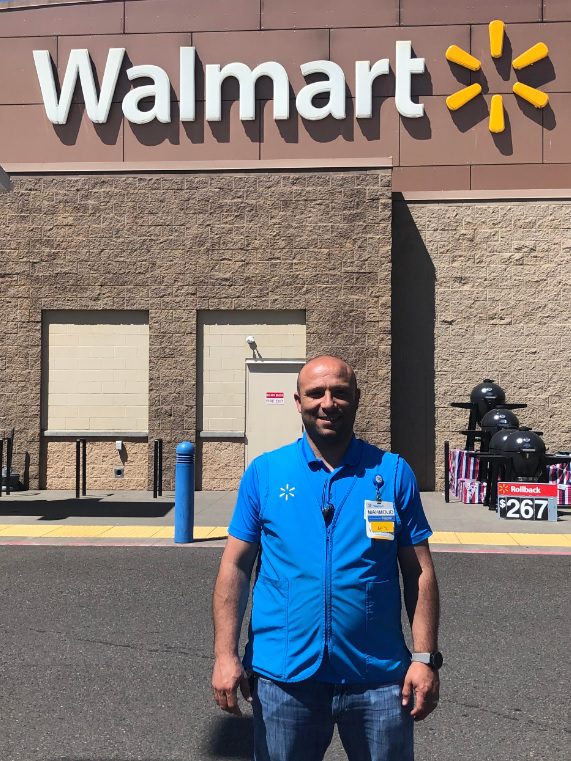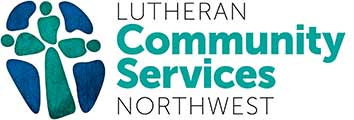Employers like Mahmoud go extra mile for LCSNW refugee job seekers
For many refugees in the Pacific Northwest, landing that first job can be a key to long-term success. The employment skills, English language and workplace cultural training they gain are nearly as important as the paychecks they bring home.
That’s why LCSNW has such high regard for our partners in the employer community.

Mahmoud Alshadoh is a reliable hiring manager for LCSNW refugees in the Vancouver area.
They provide good jobs to some of the nearly 1,500 refugees we’ve resettled in Washington and Oregon over the past year. They understand that refugees can provide a bit of relief for our country’s labor shortage crisis.
They are reliable allies like Mahmoud Alshadoh, a team leader at the Walmart Supercenter in Battle Ground, Washington.
Mahmoud, an immigrant from Jordan, has worked at several Walmart stores in the Vancouver area since joining the company 10 years ago. At least two dozen refugees, mostly from Afghanistan, have him to thank for placing them in entry-level jobs at the Battle Ground store.
Ahmed Majeed, the Case Manager Lead for refugee services in the LCSNW Vancouver office, is glad he connected with Mahmoud. It started with a chance encounter at a different Walmart, when Ahmed’s family was shopping and Mahmoud overheard them speaking Arabic. They made introductions, and before long a pipeline of jobs opened up.
“The Walmart is a very good place to start work for our clients to build up work history, interviews and experiences,” Ahmed said. “That is very helpful for them to get the second job quickly.”
Mahmoud appreciates the good qualities that refugee employees bring to his team, whether in the produce department, the parking lot, the cashier stand or other parts of the store. “They are hard workers. They respect others and they like to cross-train to other areas (in the store).”
His experience is a positive endorsement of workers who are new to the U.S. and whose contributions often go undervalued. Refugees in the United States produced a net positive tax benefit of $63 billion over a 10-year period, once the short-term costs of resettlement aid were subtracted, according to a 2017 federal study. They also have higher rates of entrepreneurship than other immigrants and U.S- born citizens.
Mahmoud knows the uphill battle faced by immigrants and refugees, because he faced it himself. After arriving in New York City from the Middle East, he was homeless and lived in his car for six months. He got married, moved west and took a job loading trucks at Walmart, eventually working his way into supervisor and assistant manager positions.
All of this motivates him to help newcomers get off on the right foot.
“They have to build their life from zero, like I did.”

0 Comments